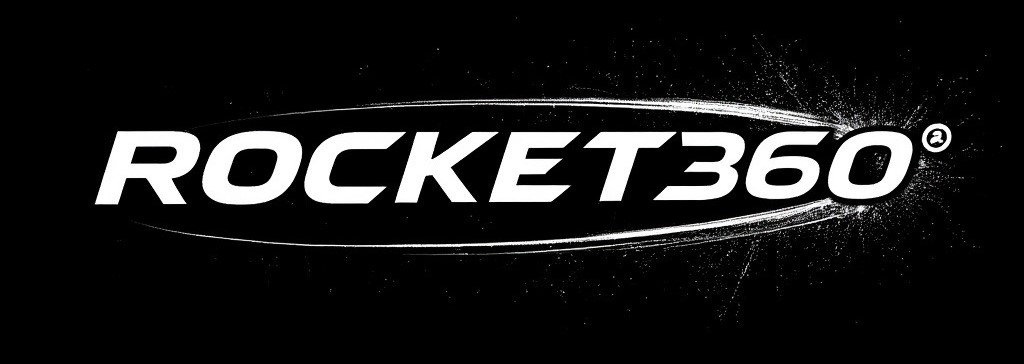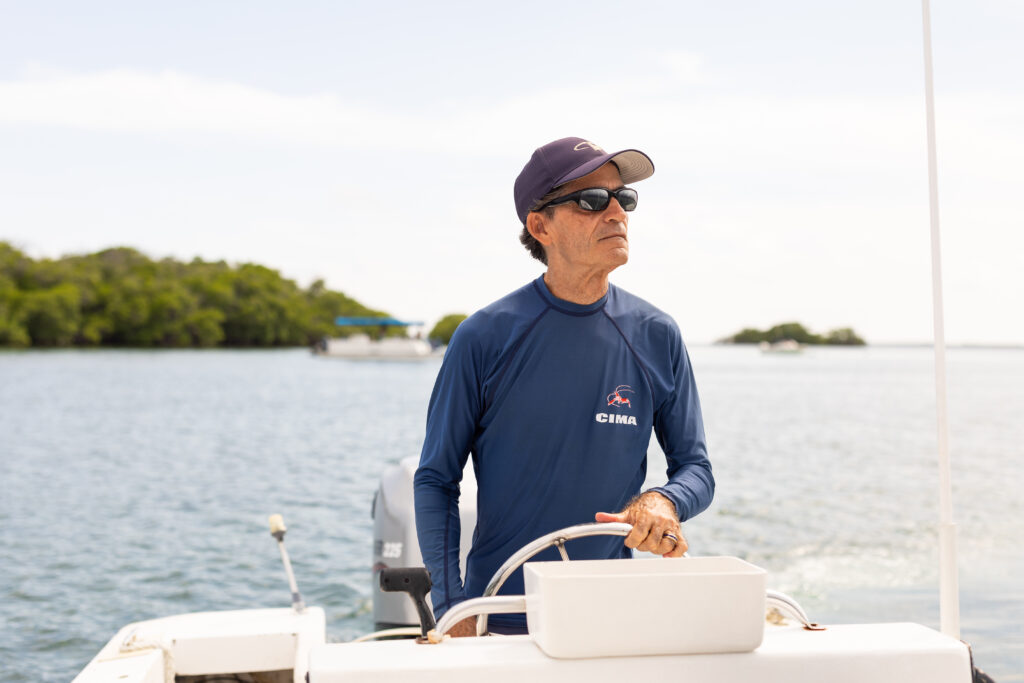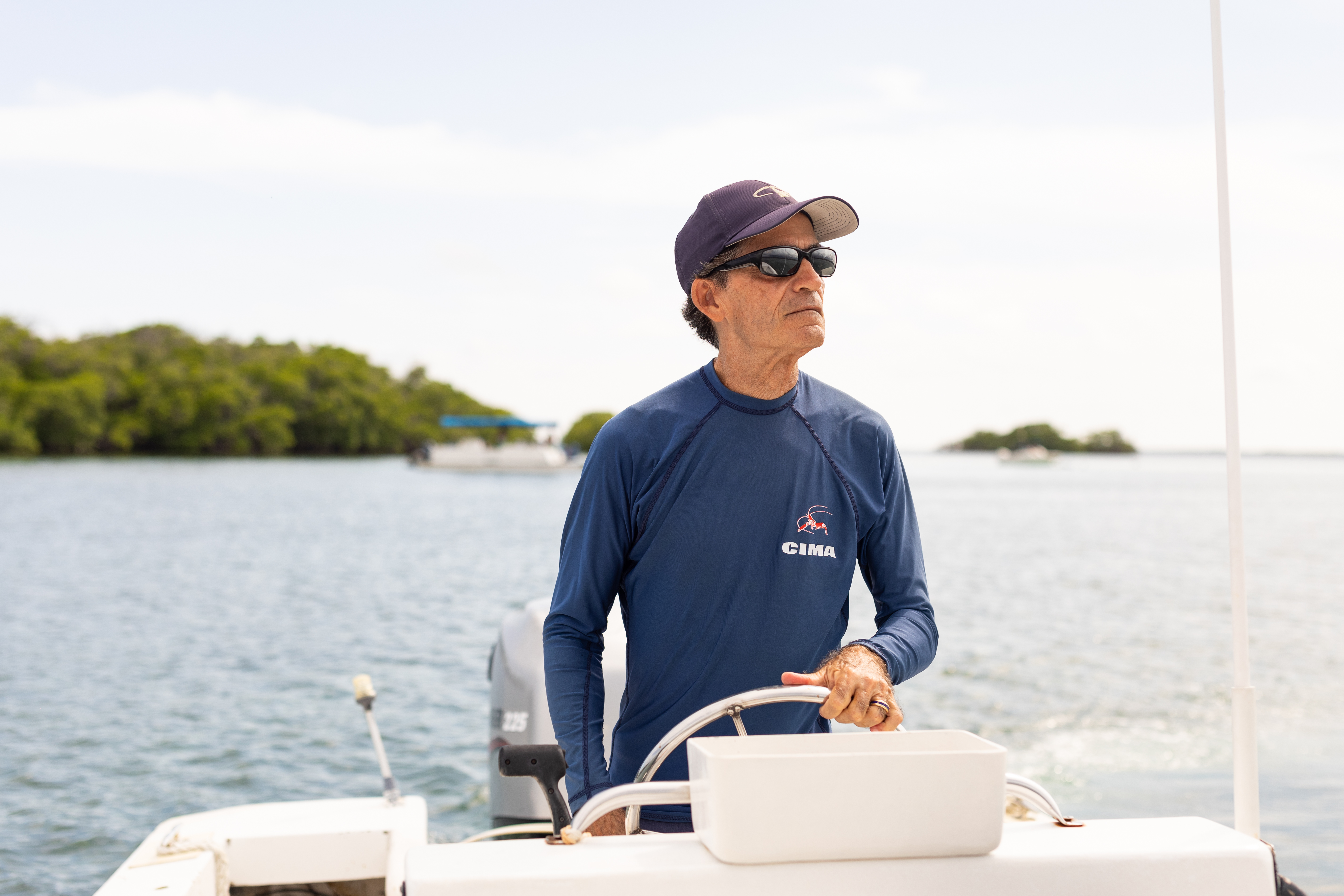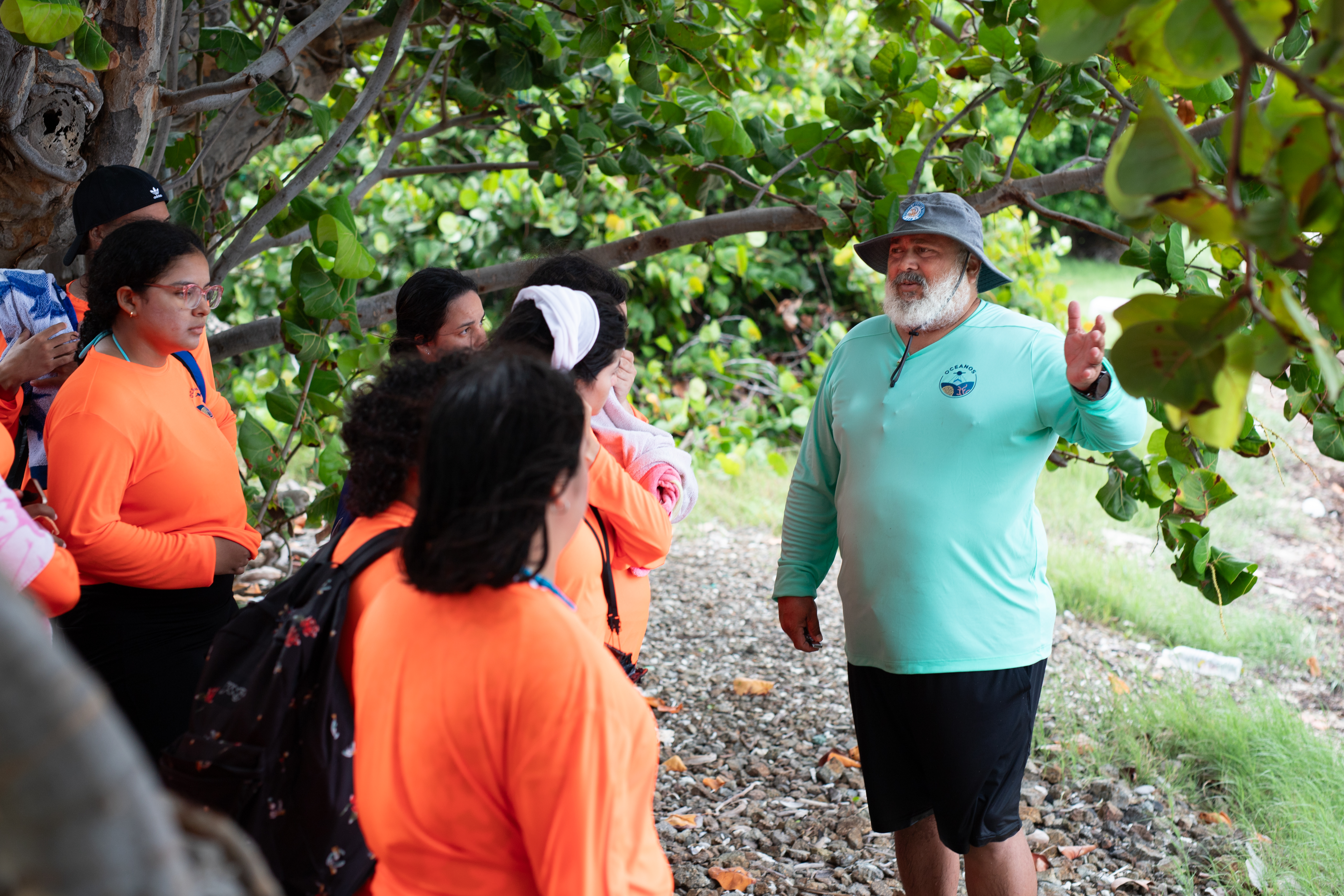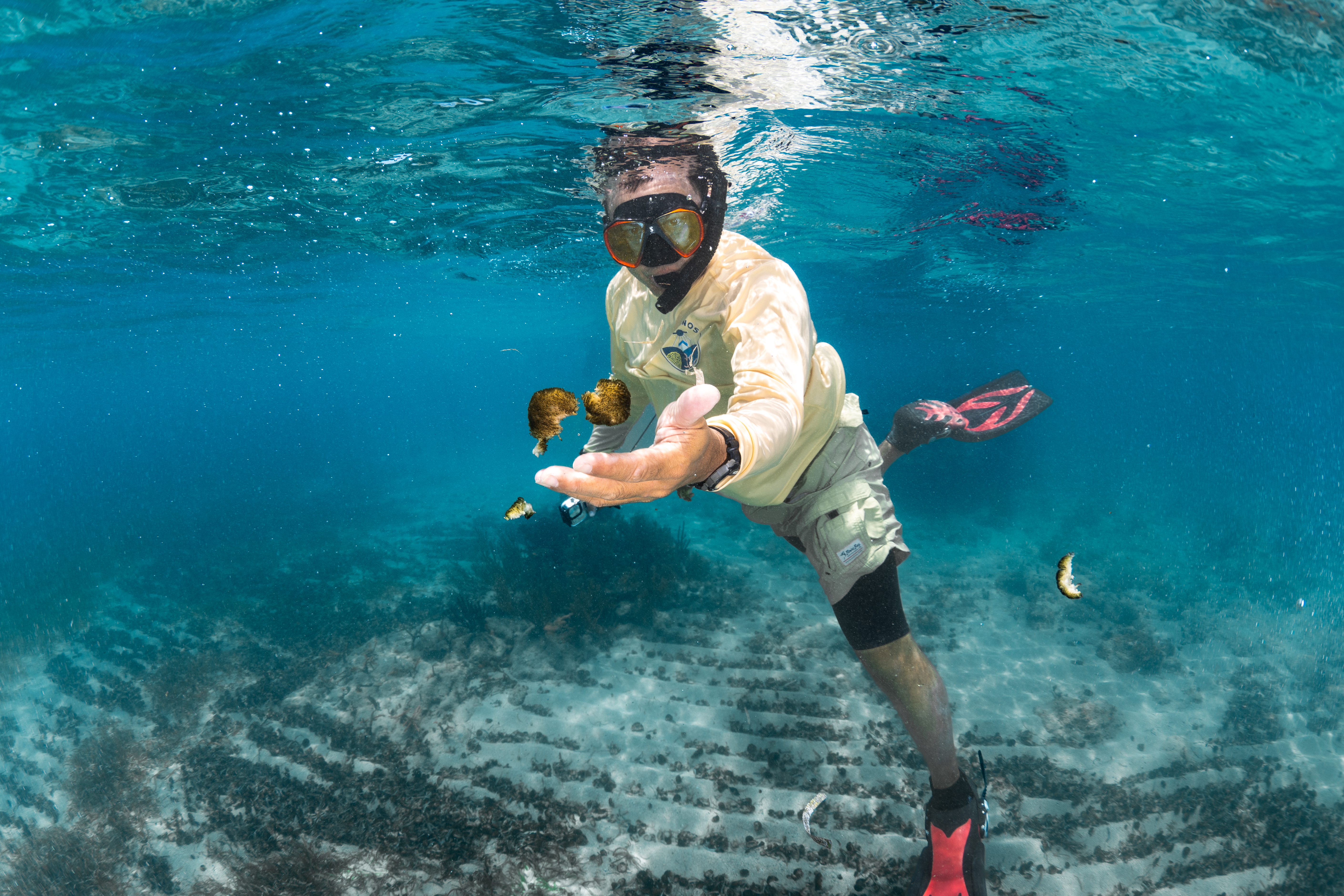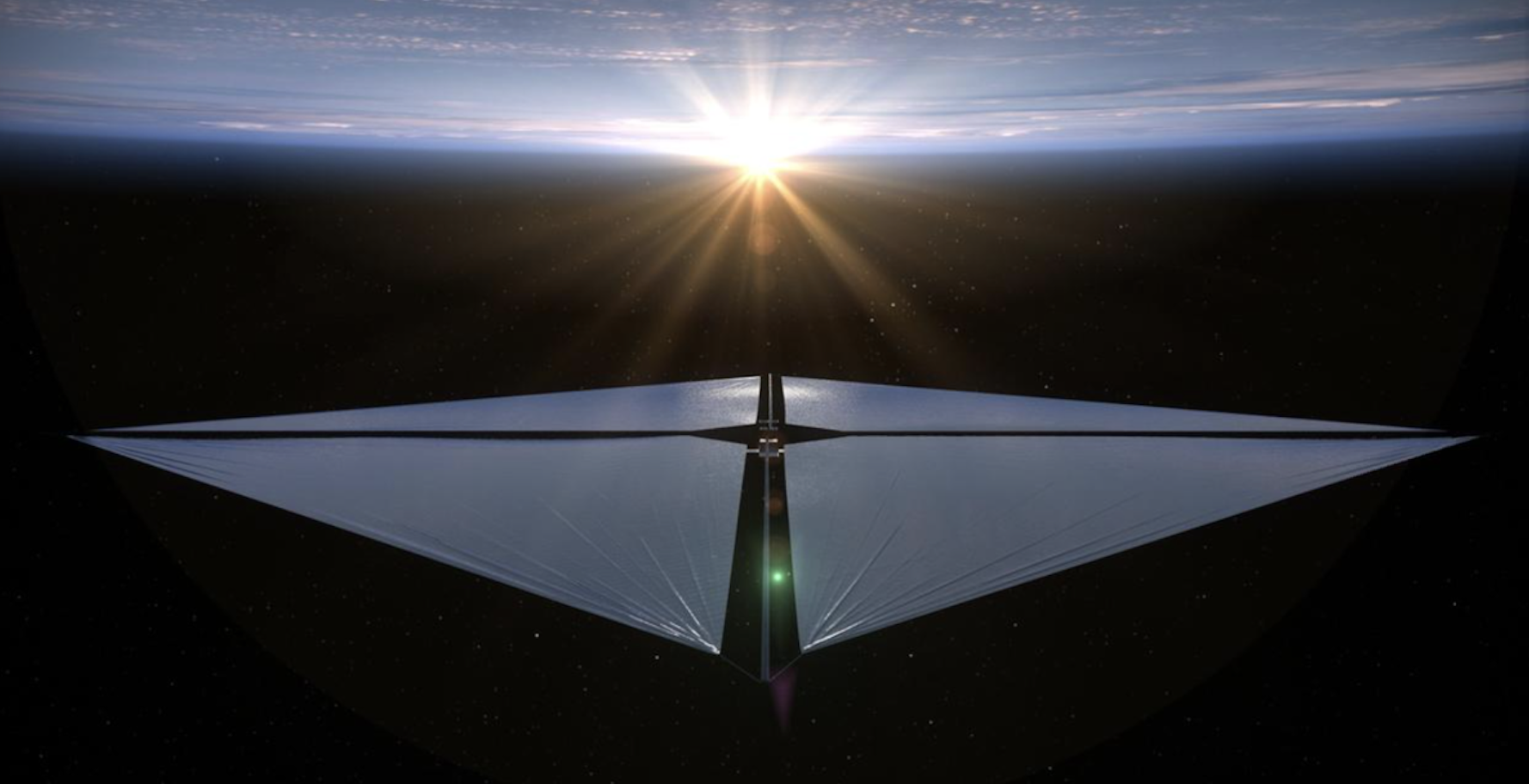4 min read
Preparations for Next Moonwalk Simulations Underway (and Underwater)
What is your name and your role with OCEANOS?
My name is Ray Armstrong and I am a professor in the Department of Marine Sciences of the University of Puerto Rico. I came to be involved in OCEANOS because my ex-student and good friend Juan Torres-Perez, who works at NASA Ames Research Center, came up with this idea of having an internship for Hispanic students in Puerto Rico in the areas of remote sensing and oceanography, as a way of motivating Hispanic students to pursue careers in technology and oceanography.
What is the importance of a program like OCEANOS, especially in Puerto Rico?
Puerto Rico is an island and surrounded by ocean, and yet there is a lack of interest in marine sciences and oceanography compared to other disciplines. So we think that we need to promote the study and also conservation of our marine resources, and to use high technology – such as remote sensing – to study and monitor our oceans and deal with things like water quality and the status of coral reefs, mangroves communities and so forth.
What is something that has been rewarding about working with these students?
Mostly the enthusiasm of the students when they go in the water or they look at mangroves for the first time, and learn more about their importance for fisheries and the coastline and so forth. Also sharing some of our stories and experiences in marine sciences, and listening to the students at the end of the program say that because of this experience they would like to pursue careers in marine sciences.
What has been a challenge of the program?
Well, one thing is the logistics, because it involves going out in boats in the ocean and there’s a limit of how many students can be in one place or in the water for safety reasons. So that that sets a limitation on the number of students for different activities.
This year we started a virtual component where we are also teaching a cohort of students and teachers on the use of NASA remote sensing technology in a virtual way and they also participate in some of the projects that the in-person students developed for this project.
How did you get into science?
Oh, for me it was simple. I was in love with the ocean since I was a little kid. I had the opportunity of participating in what is called the ‘sea semester’ at Woods Hole Oceanographic Institution, also Boston University where I graduated, and that was a big difference. I immediately realized that that’s what I wanted to do the rest of my life.
As someone born and raised in Puerto Rico, what are some of the environmental changes you’ve noticed in and around Puerto Rico?
I was born in Ponce, which is the second largest city in Puerto Rico. I moved to Parguera to study marine sciences at the Department of Marine Sciences in 1976. So basically I have lived here all my life, as a student but also as a professor: this year is my 28th year as a professor of marine sciences.
There were a lot of changes initially from hurricanes. In the late 1970s a couple of hurricanes destroyed huge areas of very shallow coral reef zones. After that there was a bloom of coral diseases. Through the years that has increased, decimating a lot of the coral populations in this area and in many other areas of the Caribbean and the world. More recently, in the last 5-10 years, more people in boats are coming to this area to a marine reserve, which put constant pressure on the ecosystem. When you have too many boats in one place, too many people in the water, and so forth, we don’t give the ecosystem a time to recover.
What is the importance of a program like OCEANOS, particularly in Puerto Rico?
We have seen that many professionals leave the island, in all disciplines. But if we can get younger people to be interested in what we do in the marine sciences in general. they will lhopefully ike to stay in Puerto Rico and work here and also make a difference in protecting our coastal ecosystems.
What is something that you hope the students take with them when they leave?
Even now, when the program is still going you can hear them say that the bonds they have established with fellow students and also with mentors and professors is very important. Some have also completely shifted their interest in other disciplines to marine science, or technology in general. And I’m very happy to hear that, because I think we’re having an effect on the on the people that come and the students that participate in this internship.
